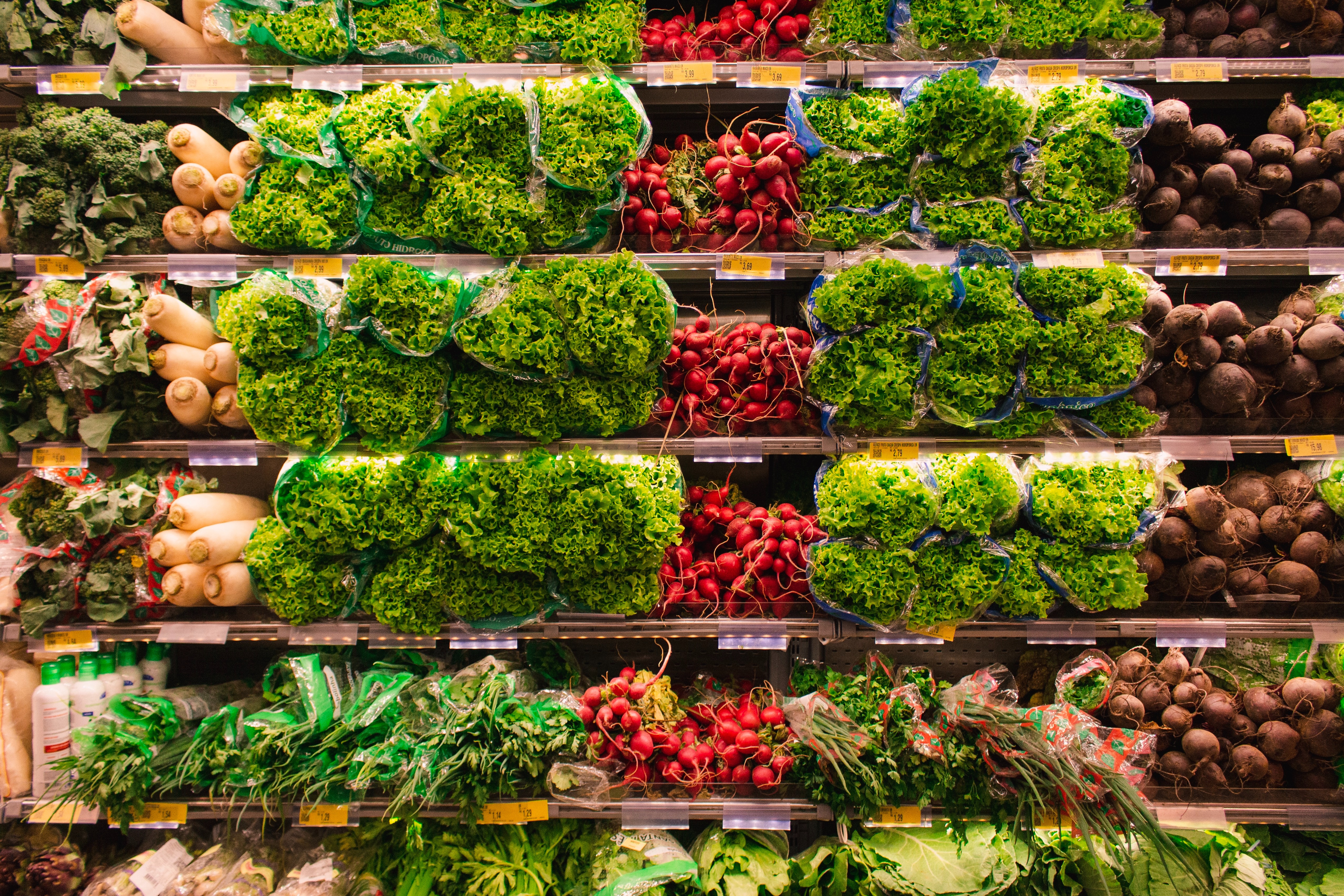European consumers cut back on food costs to cope with shortages and rising prices

A survey of 5 000 consumers in 10 European countries reveals majority of people report feeling the impact of rising food prices as a result of the ongoing Russian invasion of Ukraine. The majority of European consumers (53%) are strongly worried about food shortages, reveals new research from a consortium of leading universities in Europe.
The ‘Changes in food behaviour in times of crisis’ study was led by Aarhus University, Denmark, with funding from EIT Food. A survey of 5 000 consumers in 10 European countries found that more than half of consumers surveyed (55%) think that the war in Ukraine and ensuing economic and supply chain effects have made food production more vulnerable, while 54% think that the war is the main reason for increased food prices in Europe. The project is a follow-up study to research conducted in 2020, which demonstrated that COVID-19 lockdown measures may have caused lasting behaviour change in relation to food consumption.
Since the last study, the effects of rising prices have been keenly felt by consumers, with shoppers observing price increases for most categories of food. The sharpest of these perceived price rises are in animal products, with 55% of consumers saying they have seen significant price increase in red meat, 52% in fish, and 51% in dairy. Nearly half, meanwhile, think that these costs are being unfairly distributed, with 48% of those surveyed believing that the war has enabled food retailers and manufacturers to make more profit.
The ongoing Russian war against Ukraine has brought into sharp focus just how fragile our food system can be. We urgently need to scale and support innovation to address supply chain issues and ensure that we are producing enough affordable, nutritious food for all; however, we must do so sustainably, fairly and efficiently. In order to meet and prevent future challenges, we have to build a system that puts resilient, future-proof and affordable solutions at its heart.
Dr Andy Zynga, CEO of EIT Food
About the study
The project ‘Changes in food behaviour in times of crisis’ was coordinated by Aarhus University and included project partners University of Helsinki and KU Leuven.
Consumer data was collected by an online survey carried out through Aistila Oy, a research company. Data collection was conducted in 10 European countries (Spain, Sweden, Germany, UK, Poland, Italy, France, Greece, Finland, Romania) in August 2022. A total of 5 000 adult consumers (18+) were surveyed, 500 per country, who are responsible or co-responsible for grocery shopping.
Consumers cut food costs by buying less or switching brands
Consumers are reacting to increased prices by cutting costs where they can, including buying less, buying cheaper brands, and shopping at cheaper stores. Nearly four in 10 consumers (37%) report that they are buying less red meat, while a third are buying less fish and poultry (33% for each).
Shoppers are also cutting back entirely on certain categories to save money, with one in 10 consumers (12%) having stopped buying convenience foods altogether, and 10% having stopped buying alcoholic beverages. To cut costs on cereals and dairy products, a third of consumers say they have switched to buying a cheaper brand (35% and 33% respectively).
Shoppers making more mindful choices
In addition to cost-saving behaviour, consumers across Europe are also making more deliberate purchasing choices. Over half (52%) say they are now checking prices more than they did before the pandemic, an increase from 31% in 2020. Four in 10 (41%) say they are making fewer unplanned purchases than before, up from 26% in 2020. Four in 10 are also checking use-by dates (40%) or using labels to compare products more (39%).
Looking at trends of consumer behaviour with regards to cooking and eating, the project used the findings to group European consumers into five categories:
- a third (33%) of consumers report that they now pay more attention to food prices, but otherwise report no major changes
- a third (32%) say they are making more mindful food choices, such as paying greater attention to labels or seeking out new food innovations
- 19% of consumers showed resilient food behaviour, meaning that it remained mostly unchanged
- 9% say food has become less important to them
- 7% had become more concerned with all aspects of food
Though the crisis in Ukraine and global economic downturn present unique and considerable threats to the European food system, we hope that this new, comprehensive research will empower decision makers to craft informed and timely policies that adequately tackle mounting consumer concerns regarding spiralling food costs. It is also important that policymakers continue to uplift the significant progress made by consumers to make more mindful, healthy and sustainable food choices as we continue to address the growing obesity and sustainability challenges of our time.
Klaus G. Grunert, Professor of Marketing at Aarhus University and Founder and Director of the MAPP Research Centre


 Share this page
Share this page


